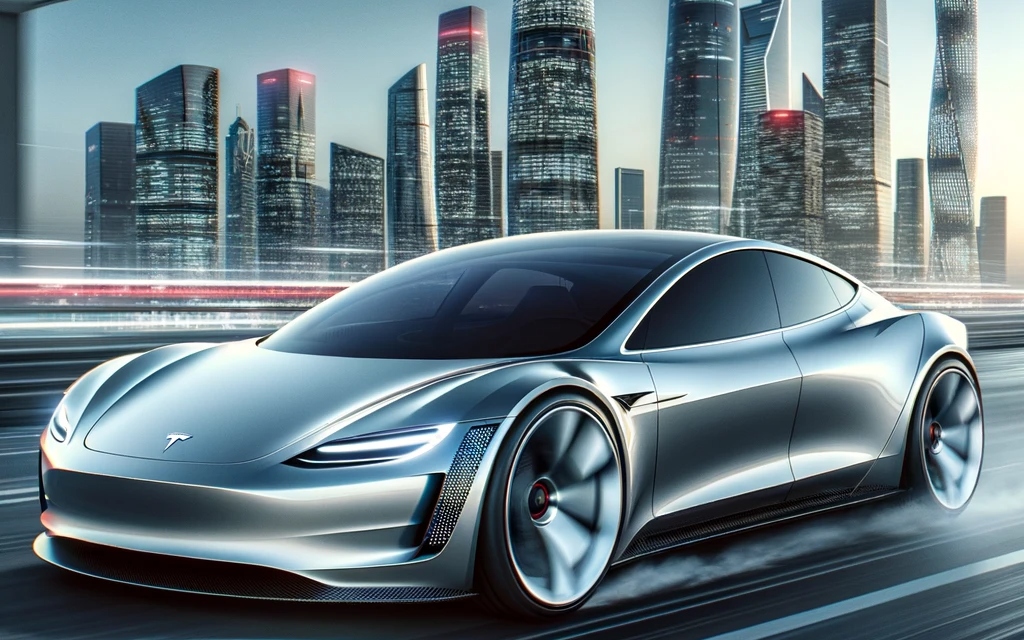Electric vehicle (EV) manufacturers are facing a unique challenge in the modern automotive market. As they strive to capture the attention and wallets of consumers, a trend has emerged that prioritizes performance features over range, a factor that could potentially deter a significant segment of potential buyers. This article delves into this emerging trend, exploring its implications for consumers and the EV market as a whole.
The Shift in Focus: Performance over Range
In the early days of EV development, the primary focus was on increasing range to make these vehicles a viable alternative to traditional gasoline cars. However, as the technology advanced and competition intensified, some manufacturers began to shift their attention towards enhancing performance features such as acceleration, top speed, and handling. This change in strategy is evident in several high-profile EV launches that boast impressive performance statistics but offer only modest improvements in range.
Potential Downsides for Consumers
This shift towards performance-oriented EVs could alienate a significant portion of potential customers. For many buyers, the primary appeal of EVs is their potential for longer range and lower operational costs compared to traditional vehicles. By focusing on performance, manufacturers might be overlooking a crucial aspect of consumer demand.
- Range Anxiety: One of the biggest barriers to EV adoption has been range anxiety — the fear of running out of power without access to a charging station. Performance-focused EVs, which often sacrifice range for speed and acceleration, could exacerbate this concern.
- Cost Implications: High-performance EVs tend to be more expensive, not only in terms of initial purchase price but also in terms of maintenance and operational costs. This could put them out of reach for the average consumer, who might prefer a more range-efficient, cost-effective vehicle.
- Practicality Concerns: For everyday use, such as commuting or running errands, performance features may be less valuable than range and convenience. Overly complicated cars with advanced performance capabilities might not align well with the practical needs of the average driver.
The Industry’s Response
Despite these concerns, some manufacturers argue that the focus on performance is necessary to dispel the image of EVs as slow and unexciting. They believe that showcasing cutting-edge performance can help in attracting buyers who might otherwise opt for traditional luxury or sports cars. This strategy aims to broaden the appeal of EVs beyond those primarily concerned with environmental benefits or fuel savings.
Balancing Act for Manufacturers
The key challenge for EV manufacturers lies in striking the right balance. While performance is undoubtedly a significant selling point for certain market segments, range remains a crucial factor for widespread adoption. Manufacturers will need to find a way to offer vehicles that provide both excellent performance and sufficient range at a price point that is accessible to a broad spectrum of consumers.
The Future of EVs is at stake
As the EV market continues to evolve, manufacturers must remain attuned to the diverse needs and preferences of their potential customers. While the allure of high-performance EVs is undeniable, the importance of range cannot be overlooked. The success of the EV market may well depend on the ability of manufacturers to harmonize these two aspects, delivering vehicles that are both exhilarating to drive and practical for everyday use.




